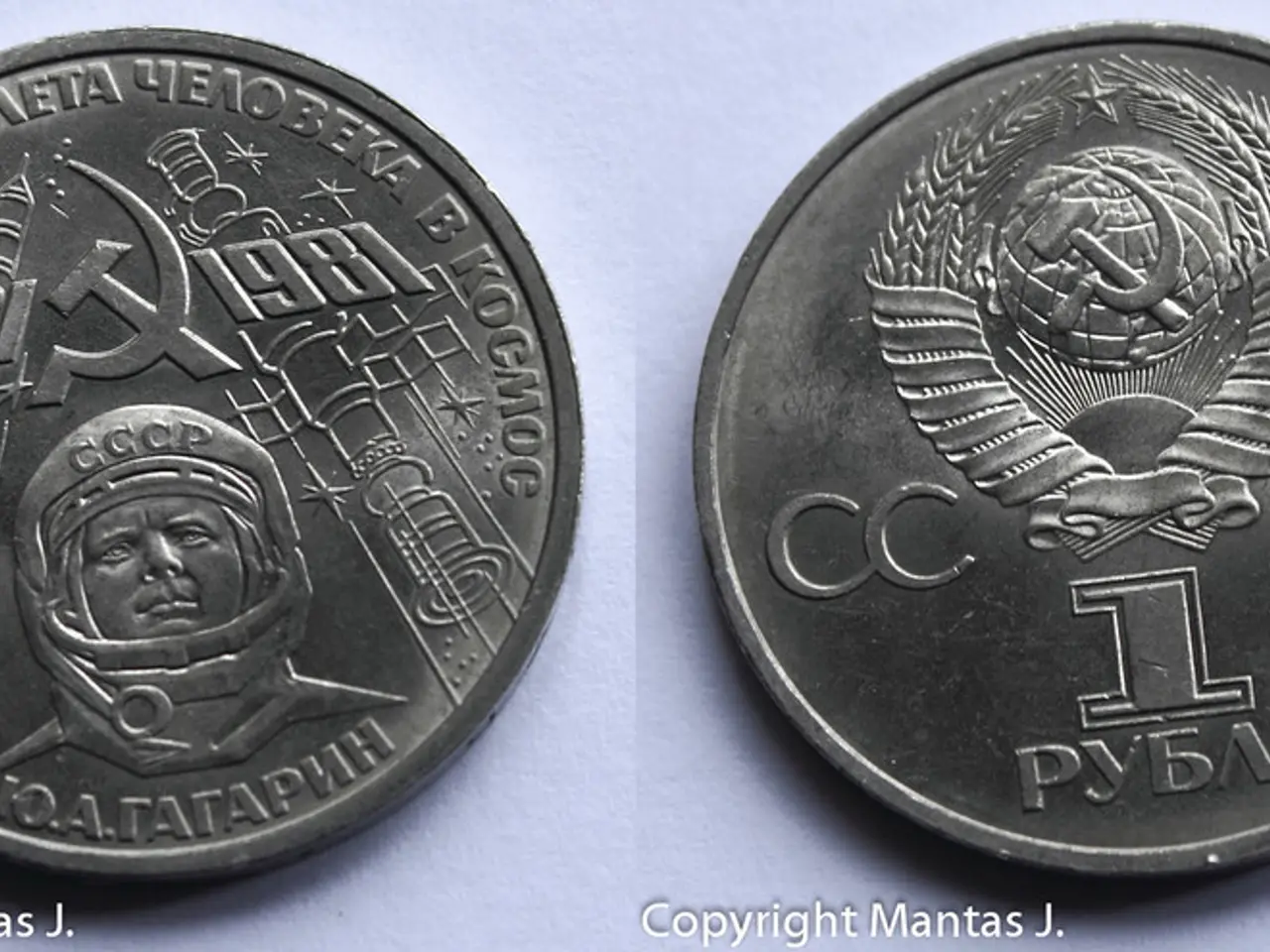United States Tether Securities Surpasses South Korea in Holdings
In the ever-evolving world of cryptocurrency, Tether, a leading stablecoin company, has taken significant strides in integrating digital money with traditional finance. With a substantial portion of its reserves made up of U.S. Treasuries, Tether has become one of the top global holders of U.S. government debt, outpacing nations like South Korea and Germany.
Tether issues USDT, a digital coin that is always supposed to be worth $1. To ensure this stability, the company keeps a reserve of strong, reliable assets, with U.S. Treasuries playing a significant role. This move signifies a growing role of crypto in the global financial system, moving beyond online trading.
For the traditional financial system, Tether's Treasury bond purchases provide meaningful demand for U.S. debt instruments, contributing to Treasury market liquidity and supporting U.S. government borrowing. However, the company's recent 90% reduction in Treasury bond purchases in Q2 2025 signals a strategic portfolio diversification, which could influence Treasury market dynamics and reduce crypto-related inflows into U.S. debt.
Within the crypto industry, Tether's strong backing of its USDT stablecoin by traditional, cash-like assets like U.S. Treasuries underpins confidence in stablecoin stability and solvency. This robust asset backing facilitates increased issuance and liquidity, enabling further investment into crypto infrastructure and technology, supporting ecosystem development.
The development of Tether's U.S. Treasuries holdings represents a significant milestone in the evolution of cryptocurrency's relationship with traditional finance. Tether, once considered part of a fringe industry, is now deeply integrated into one of the most crucial aspects of global finance.
However, some experts have raised concerns about the potential risks if crypto companies like Tether become too influential in government debt markets. Large-scale actions by crypto companies, such as sudden buying or selling of U.S. Treasuries, could potentially disrupt traditional financial markets.
In conclusion, Tether's large holdings of U.S. Treasury bonds significantly impact both the traditional financial system and the crypto industry. The company's actions serve as an example of the gradual decreasing gap between traditional banking and digital money, demonstrating crypto companies' increasing role in traditional finance. The significant amount of U.S. government debt held by Tether serves as an indicator of the potential influence and impact of stablecoins in the global economy.
- The strategic portfolio diversification of Tether, a leading stablecoin company, towards crypto infrastructure and technology, underscores its ongoing role in global finance and crypto trading.
- The integration of Tether's USDT stablecoin into traditional finance has attracted investing attention, as its robust backing by U.S. Treasuries strengthens the stability and solvency of stablecoins.
- The expanding influence of Tether in the U.S. Treasury market, despite controversy surrounding potential risks, denotes a growing intertwining of cryptocurrency and traditional finance, signaling a shift in the global financial landscape.




